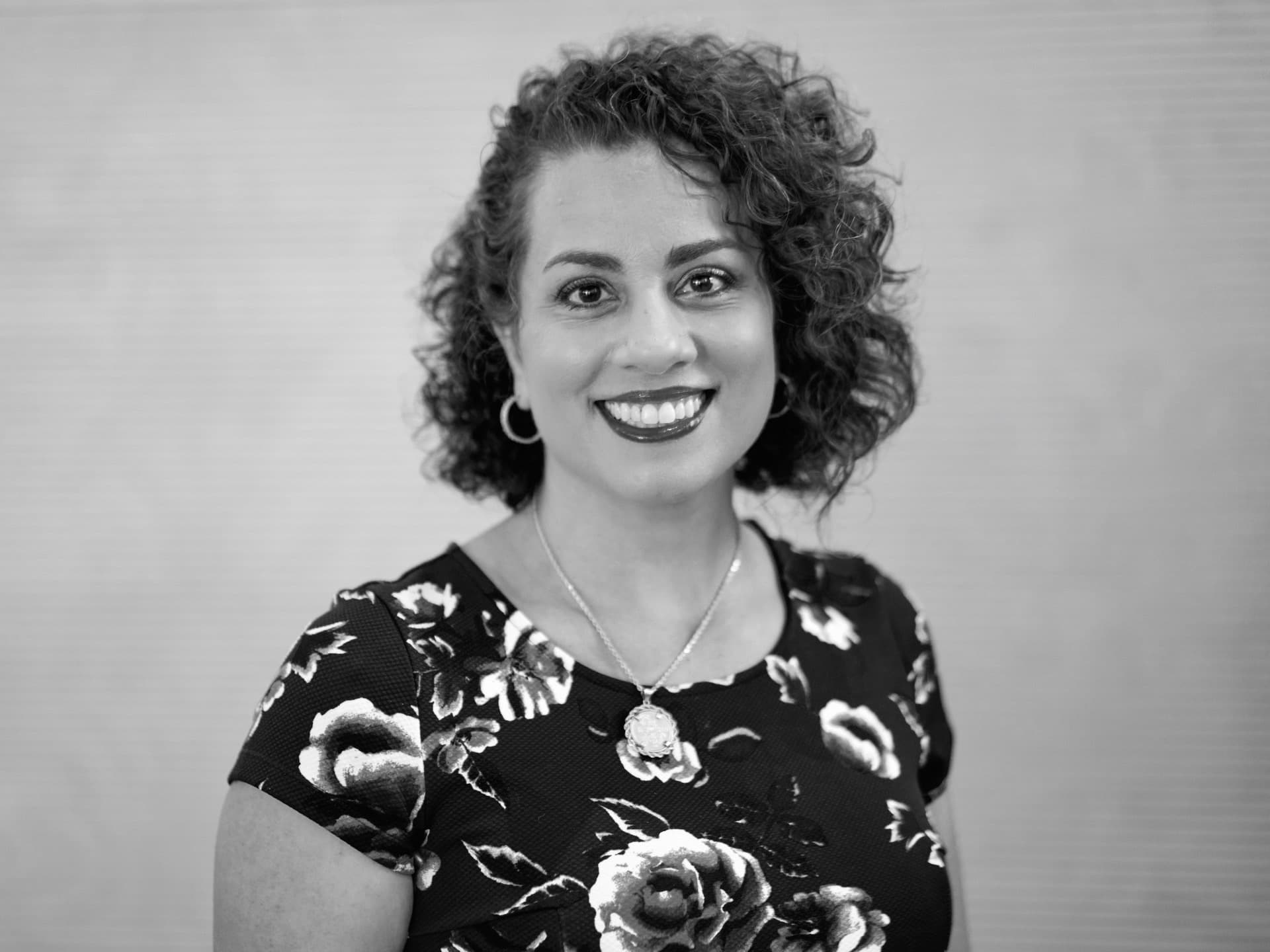In Kamran Pasha’s new historical novel, “Shadow of the Swords” (Simon & Schuster: $16), a feisty, beautiful Jewish heroine named Miriam falls in love with the legendary Muslim sultan, Saladin, as he seeks to guard the Holy Land from the Third Crusades at the turn of the 12th century. If that doesn’t sound racy enough, Miriam is the fictional niece of Maimonides (aka Rambam for Jews and Ibn Maimum for Muslims), who is also Saladin’s trusted adviser and courtier.
If a story about an extramarital affair between the niece of a great Jewish thinker and the leader of the Muslim world were set in contemporary times, it would probably make Romeo and Juliet read like a fairy tale.
But the intimacy between Miriam and Saladin is simply a metaphor for the intimacy between the Muslim and Jewish communities during the Middle Ages, Pasha said in an interview at the W Hotel in Hollywood.
“Theologically, Jews and Muslims understood each other better than the Christians that lived among them,” Pasha said. “The Christians were the odd men out in the Middle East in terms of ritual and theology.”
Pasha doesn’t deny that there have been incidents of Muslim oppression of Jews throughout the ages, but said, “Muslims and Jews have forgotten this part of history, when they were more intimate.”
A writer and producer for such TV shows as “Kings,” “The Twilight Zone” and “Bionic Woman,” Pasha is arguably the most successful Muslim screenwriter in Hollywood. His own intimacy with the Jewish community began at age 3, when his traditional Muslim parents emigrated from Karachi, Pakistan, to the mostly Chasidic Jewish community of Borough Park, N.Y. With dark skin and eyes, a short frame and a round face, some people mistake him for Hindu. He could also easily pass for a Sephardic Jew.
“Growing up in a Jewish neighborhood, I saw all these amazing similarities that none of these communities realized,” he said, including respect for Scripture and law as the basis for community, dietary laws, and the rejection of the idea that Jesus was divine.
When he was a comparative religion major at Dartmouth University, he moderated his own beliefs from those of a Saudi fundamentalist to a traditional Muslim. Contrary to popular stereotypes of Islam, he characterizes mainstream, traditional Islam as humanistic and progressive.
Currently a practicing Muslim who identifies with the liberal Islamic Center of Southern California in Los Angeles, Pasha applies his vast knowledge of the world’s three major religions in “Shadow of the Swords.” Narrated in the omniscient third person, the novel contains characters that represent philosophical and religious archetypes, from fundamentalism and hate (Richard the Lionhearted) to religious progressivism and tolerance (Saladin) to rebellious inquiry (Miriam).
“Miriam could be the ultimate observer of all these people — Jews, Christians and Muslims — because she is not a mainstream Jew of the time,” he said. “She’s forward-thinking and a rebel, so she could critique all religions, including her own.”
Saladin’s Jerusalem is religiously diverse and protective of the “People of the Book,” while King Richard massacres innocent “infidels.” Today’s geopolitical stage is recast: Instead of the enlightened West and Judeo-Christian tradition battling Muslim jihadists, you get the enlightened Muslim-Judeo tradition battling Christian “jihadists.”
Pasha earned a law degree at Cornell University, an MBA at the Tuck School of Business at Dartmouth and an MFA from UCLA Film School.
“That’s what immigrants do. We get degrees,” he said.
After selling a few scripts to Paramount, Pasha left New York for Hollywood in 2001 with a teleplay in hand about the curtailment of civil rights in the aftermath of an Islamic terrorist attack. Art became life with the attacks of Sept. 11, and he decided to battle Muslim extremism from within and misperceptions of Islam from without through “Shadow of the Swords.” He wrote it in six weeks, but his second novel, “Mother of Believers,” about the birth of Islam through the eyes of Muhammad’s teenage wife, Aisha, was published first.
His script about the Muslim terrorist plot didn’t go to waste. He applied some of its themes as a writer in 2005 for Showtime’s Emmy-nominated terrorism drama “Sleeper Cell.” His Jewish literacy was recognized and utilized by Michael Green — the producer of NBC’s modernization of the Book of Samuel, “Kings” — who hired Pasha as a writer in 2008 for the first and only season of the biblically based drama. At the interview, the two bonded over their shared interest in religion. Green, the son of an Israeli, attended yeshiva in New York and holds a degree in human biology and religious studies from Stanford.
“The only people who have advanced my career or helped me are Jews,” Pasha said. His book agent at William Morris Endeavor is Christian, but most of his other representatives are Jewish. “Being Muslim and [someone] who they assume, rightly, is sympathetic to the Palestinians could trigger some people’s nervousness, because I think there really aren’t that many successful Muslims in Hollywood and publishing.”
Today, most Muslims, he said, differentiate between Jews and Zionists, but by now the Palestinian-Israeli conflict has evolved from competing secular nationalism into competing religious fundamentalism. For Muslim-Jewish relations to return to their former intimacy, he said, there needs to be a return to dialogue and mutual empathy. But Pasha is not interested in re-creating the setting of his novel.
“Before, Muslims dominated Jews, and now Jews dominate Muslims. I’d like to get to a new place where neither of us dominates [the] other. … The conflict is part of a spiritual plan to help us grow up.”
Kamran Pasha will read from, sign and discuss “Shadow of the Swords” at the Levantine Cultural Center in Los Angeles on Sept. 12.























 More news and opinions than at a Shabbat dinner, right in your inbox.
More news and opinions than at a Shabbat dinner, right in your inbox.